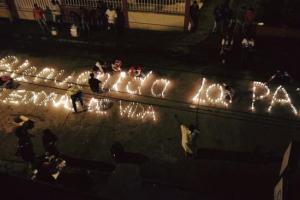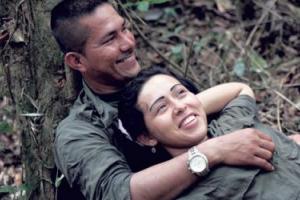Gustavo Petro’s First Year: Social and Environmental Justice and Regional Integration
People's Dispatch
 October 2, when the peace accords were defeated in a referendum, should not be remembered solely as the day in which dreams of a peaceful Colombia were deferred. Although absent the implementation of the peace accord, participatory action will remain largely confined to the local and regional level, the resiliency of Colombian social life in the face of violence will still help to define a new Colombian democracy.
October 2, when the peace accords were defeated in a referendum, should not be remembered solely as the day in which dreams of a peaceful Colombia were deferred. Although absent the implementation of the peace accord, participatory action will remain largely confined to the local and regional level, the resiliency of Colombian social life in the face of violence will still help to define a new Colombian democracy.
 The simple yes-or-no choice presented by the October 2 referendum does not take into account how the accord will be implemented and the profound divisions that exist after decades of civil war, militarization and politically motivated violence, and is a historic achievement. Nowhere is the resistance to any agreement with FARC more visible or vocal than in the rightwing political movement founded and led by Sen. Alvaro Uribe Vélez, Colombia's former president.
The simple yes-or-no choice presented by the October 2 referendum does not take into account how the accord will be implemented and the profound divisions that exist after decades of civil war, militarization and politically motivated violence, and is a historic achievement. Nowhere is the resistance to any agreement with FARC more visible or vocal than in the rightwing political movement founded and led by Sen. Alvaro Uribe Vélez, Colombia's former president.
Spread the word